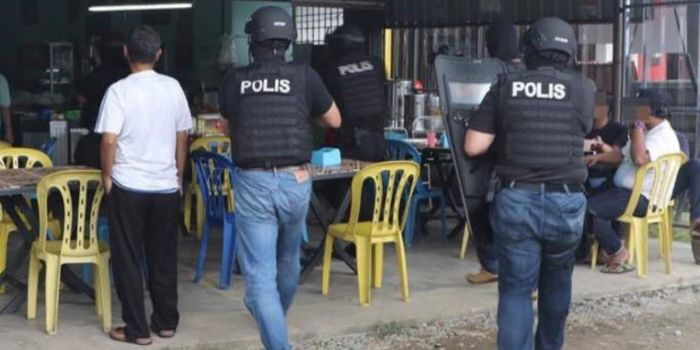As Kenya closely follows the fate of Margret Nduta, a Kenyan woman sentenced to death in Vietnam for drug trafficking, concerns continue to grow over whether she can avoid execution.
Nduta was arrested with two kilograms of cocaine and, despite insisting she was unaware of the suitcase’s contents, was found guilty and sentenced to death by the People’s Court in Ho Chi Minh City on March 6, 2025.
With her execution date already passed as of Tuesday, March 18, 2025, the Kenyan government is making last-minute efforts to save her life.
The Ministry of Foreign Affairs has engaged diplomatic channels and dispatched a team from Kenya’s embassy in Thailand to Vietnam in a desperate bid for clemency.
However, whether Nduta can escape the death penalty remains uncertain, as her fate now depends on how the Vietnamese government responds to Kenya’s appeals.
Nduta’s case has drawn comparisons to a similar incident involving Deborah Donde, the daughter of former Gem MP Joe Donde. In 2006, Deborah and her friend were arrested in Malaysia on allegations of possessing marijuana.
The two were taken into custody while staying at the residence of a Saudi Arabian friend in Cyberjaya, near Kuala Lumpur. Police seized four kilograms of marijuana during the operation, leading to their detention.
The case sparked major interest in Kenya at the time, mainly due to Deborah’s high-profile background as the daughter of a prominent politician.
The Kenyan government quickly intervened, with then-Foreign Affairs Minister Raphael Tuju under President Mwai Kibaki’s administration confirming that the state had secured lawyers to represent them in court.
Malaysia has some of the world’s toughest drug laws, with strict penalties for drug possession and trafficking.
In many cases, individuals found with large quantities of drugs are automatically presumed to be traffickers and can face the death penalty.
By 2006, the country had already executed over 100 people for drug-related crimes since introducing these strict laws in 1981, with foreigners making up about a third of those executed.
For Deborah and her friend, the situation seemed dire. However, their case took a dramatic turn when tests for marijuana came back negative, significantly weakening the prosecution’s case.
In November 2006, former MP Joe Donde announced the test results, which played a crucial role in securing his daughter’s release.
After being freed, Deborah gave an interview on 98.4 Capital FM, where she strongly denied being involved in drug trafficking.
She maintained that she was simply “in the wrong place at the wrong time.” Her escape from Malaysia’s severe drug laws was considered a rare stroke of luck, as very few suspects in similar situations manage to walk free.
Around the same time, another Kenyan—a fourth-year Bachelor of Arts student at the University of Nairobi—was not as fortunate.
He was sentenced to life in prison after admitting to possessing 1.8 kilograms of heroin.
His case underscored the brutal consequences of drug-related offenses in foreign countries, especially in Southeast Asia, where authorities show little mercy.
As Kenya awaits Vietnam’s decision on Nduta’s fate, her case serves as a reminder of the severe risks that come with drug-related crimes in foreign countries.
Whether diplomacy will succeed in saving her life remains to be seen.
Join Gen z and millennials TaskForce official 2025 WhatsApp Channel To Stay Updated On time the ongoing situation https://whatsapp.com/channel/0029VaWT5gSGufImU8R0DO30


